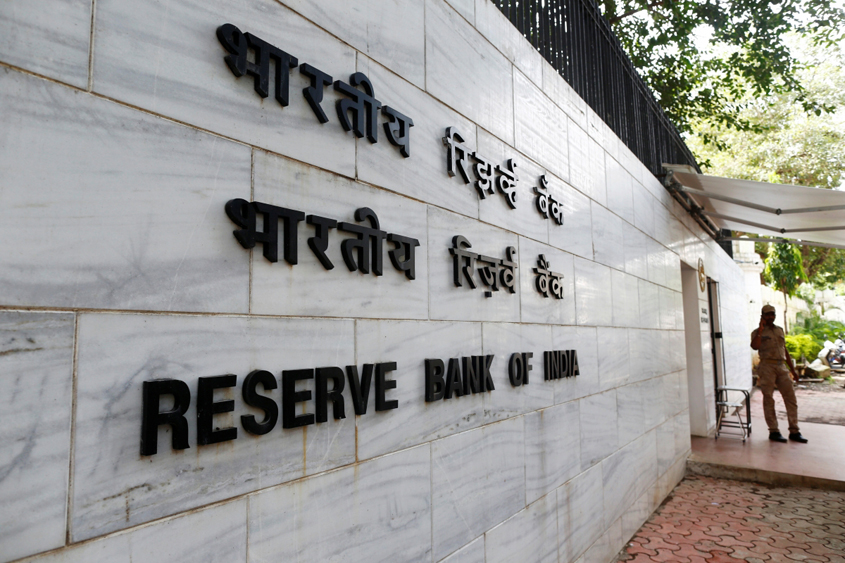Banks across Delhi are refusing to accept new currency notes of Rs 500 and Rs 2,000 that have either scribbles or ink-marks on them, or have been “mutilated” in some way or the other. There is information with this newspaper that this is taking place all across the country.
However, this is in contravention of the “Clean Note Policy” circular issued by the Reserve Bank of India on 7 August 2015, stating, “The Reserve Bank of India (RBI) has informed that the object of ‘Clean Note Policy’ is withdrawal of soiled and mutilated notes from circulation and putting adequate quantity of fresh notes into circulation.” The circular adds, “RBI has appealed to the members of public on July 16, 2015 not to inscribe anything on bank notes as it damages the notes and will not allow common man to identify features of genuine notes.” However, exchanging mutilated notes is a bank’s job, as is clear from the Master Circular of the RBI dated 1 July 2015, which says, “All branches of banks in all parts of the country should provide the following customer services, more actively and vigorously to the members of public so that there is no need for them to approach the RBI Regional Offices for this purpose:…(ii) Exchanging soiled / mutilated / defective notes…”
When asked, Alpana Killawala, spokesperson of the RBI, told The Sunday Guardian, “The RBI does follow the clean note policy, but that does not mean that the banks can reject a currency note which has an ink mark or scribbles on it. It is very much legal tender and the banks should accept such notes.”
However, the situation on the ground is completely different. The Sunday Guardian visited several banks across the national capital to take stock of the situation. An Axis Bank branch in Patel Nagar refused to exchange a new Rs 2,000 note because it had an ink mark on it. A front desk official said, “We are not accepting any new note, which has been scribbled on or marked with ink or has anything written on it. This note stands invalid now.”
On insisting that there is no RBI guideline on rejecting such notes, she said, “We need to cross-check with our seniors, because we have been informed not to accept any such notes.”
At the Indian Overseas Bank branch in Vasant Vihar in south Delhi, an official refused to accept the currency note with the ink mark. The official, however, blamed the situation
Ashok Sharma, a middle aged man, was seen arguing with an official of the Syndicate Bank branch in Dwarka, because his Rs 2,000 note had faded and the bank was refusing to exchange it.
A distressed Sharma told The Sunday Guardian: “This note had got mistakenly washed along with my clothes and its colour got faded. No shop is accepting the note. When I came to the bank to get it exchanged, they are saying it is invalid and they will not accept it. Where do I go with this now?”
In fact, every bank that The Sunday Guardian approached including the State Bank of India and HDFC Bank, refused to accept the note that this correspondent had. An SBI official said that such currency notes can now only be changed by the RBI or the currency chests, and banks are not authorised to accept such notes.
Some banks also cited the “clean note policy” of the RBI as a ground for rejecting scribbled currency notes and said that they are strictly implementing the RBI guidelines.
It must be mentioned here that the fake news of banks having been barred from accepting “mutilated” notes was doing the rounds of WhatsApp and other social media platforms, during the demonetisation exercise.

